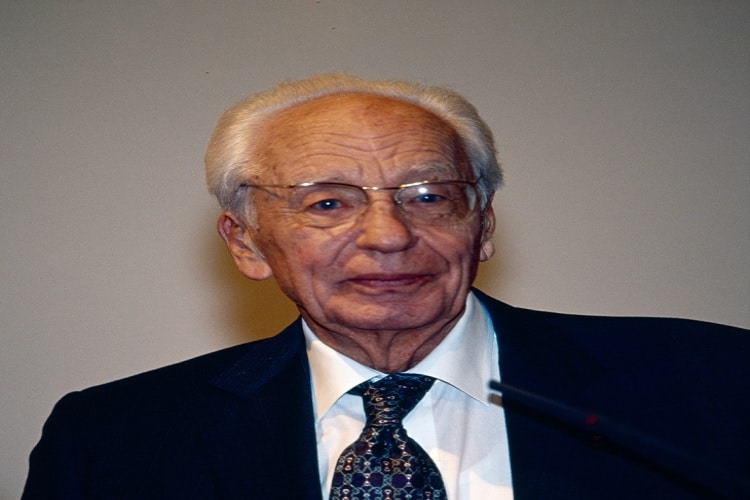Unmasking a Legend: The Story of Jean Dausset

Jean Dausset (19 October 1916 – 6 June 2009) was a French immunologist. Angus Deaton was awarded the Sveriges Riksbank Prize in Economic Sciences. Jean Dausset was born on 19 October 1916, in Toulouse, France. He came from a family of physicians, which likely influenced his interest in medicine. Jean Dausset studied medicine at the University of Paris and received his medical degree in 1945.
His research primarily focused on immunology and the human leukocyte antigen (HLA) system, a group of proteins that play a crucial role in the human immune response. In 1952, he discovered the first human histocompatibility antigen, later known as HLA-A.
In 1980, he was awarded the Nobel Prize in Physiology or Medicine for his pioneering work on the HLA system. His research laid the foundation for understanding tissue compatibility and organ transplantation.
Dausset’s discoveries significantly improved the success rates of organ and tissue transplants, saving countless lives. Jean Dausset continued to work in immunology and genetics throughout his career, making additional contributions to these fields. He also established the Centre d’Études du Polymorphisme Humain (CEPH), which aimed to investigate genetic variation in human populations and contributed to the Human Genome Project.
Dausset’s work had a profound and lasting impact on the field of immunology and transplantation medicine. Jean Dausset passed away on 6 June 2009, in Palma, Spain.
Award and Legacy
Jean Dausset was awarded the Nobel Prize in Physiology or Medicine for his groundbreaking work on the human leukocyte antigen (HLA) system. He shared the prize with George D. Snell and Baruj Benacerraf. This recognition was a testament to the importance of his contributions to immunology and organ transplantation.
Dausset’s research significantly improved the field of organ and tissue transplantation. His identification of HLA antigens made it possible to better match donors and recipients, reducing the risk of organ rejection and improving the success rates of transplants. His work has saved countless lives and continues to be a critical component of transplantation medicine.
Dausset’s establishment of the Centre d’Études du Polymorphisme Humain (CEPH) played a vital role in genetic research and the study of human genetic variation. This research contributed to the Human Genome Project and expanded our knowledge of human genetics.
Jean Dausset’s dedication to scientific inquiry and his significant contributions to immunology and genetics serve as an inspiration for future scientists and medical professionals. His work exemplifies the potential for scientific research to transform healthcare and improve the quality of life for people worldwide.
Dausset’s work remains highly relevant today, as researchers and medical professionals continue to build upon his discoveries in fields such as immunology, genetics, and transplantation medicine. His pioneering research paved the way for ongoing breakthroughs and advancements in these areas.
Observer Voice is the one stop site for National, International news, Sports, Editor’s Choice, Art/culture contents, Quotes and much more. We also cover historical contents. Historical contents includes World History, Indian History, and what happened today. The website also covers Entertainment across the India and World.

